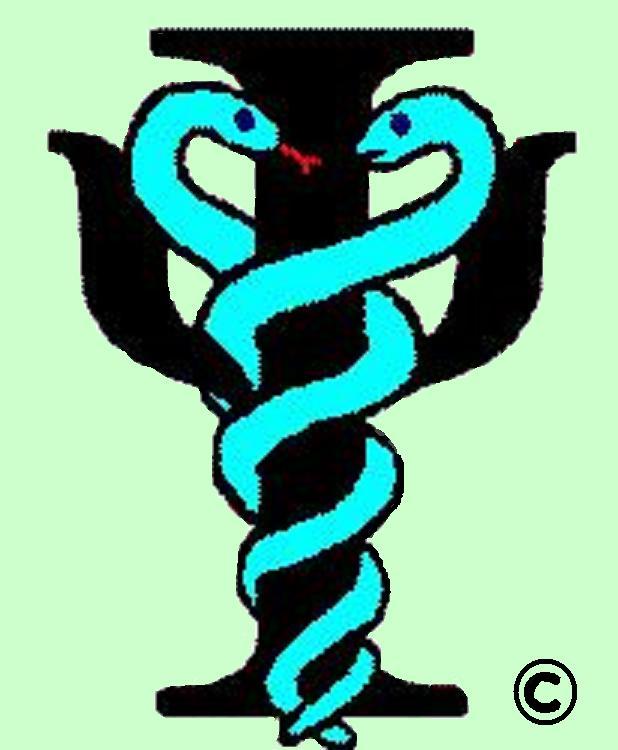

|
Neurobehavioral Medicine Consultants
|
|
| |
|
Health Psychology: Basic Principles
The mind and body are inextricably
related and have profound effects on
each other. Studies have shown that
a high percentage of the most
common complaints to primary care
physicians have no identifiable
organic cause. Approximately two
thirds of all primary care visits are
driven by psychological factors, and
a third of all patients suffer from
panic, generalized anxiety and
depression. Another third of patients
experience stress and adjustment
disorders, also with anxiety or
depression. Evidence also shows
that patients who have unresolved
feelings of anger or depression are
much more likely to experience
certain types of physical disorders
such as cancer and heart disease.
These results illustrate the adverse
influence of feelings such as anxiety,
anger and depression on the
patient's ability to stay healthy or
recover from illness.
Practice
The health psychologist focuses on
helping patients identify psycho-social
risk factors that may affect
their overall health status. After
assessing the patient's coping
strategies and adjustment to illness,
the psychologist works with the
patient to implement lifestyle
modifications which minimize the
impact of risk factors on the patient's
health and quality of life.
|
|
Scope Patients benefit from individual sessions with the health psychologist, but may also receive valuable support from moderated group discussions in which they participate with other patients facing similar challenges.
Physical illness profoundly affects
the patient in many ways, but its
impact extends to members of the
patient's family and to friends as well.
Family members, caregivers and
other people significant in the
patient's life are likely to benefit from
participation in group support
sessions.
|

|